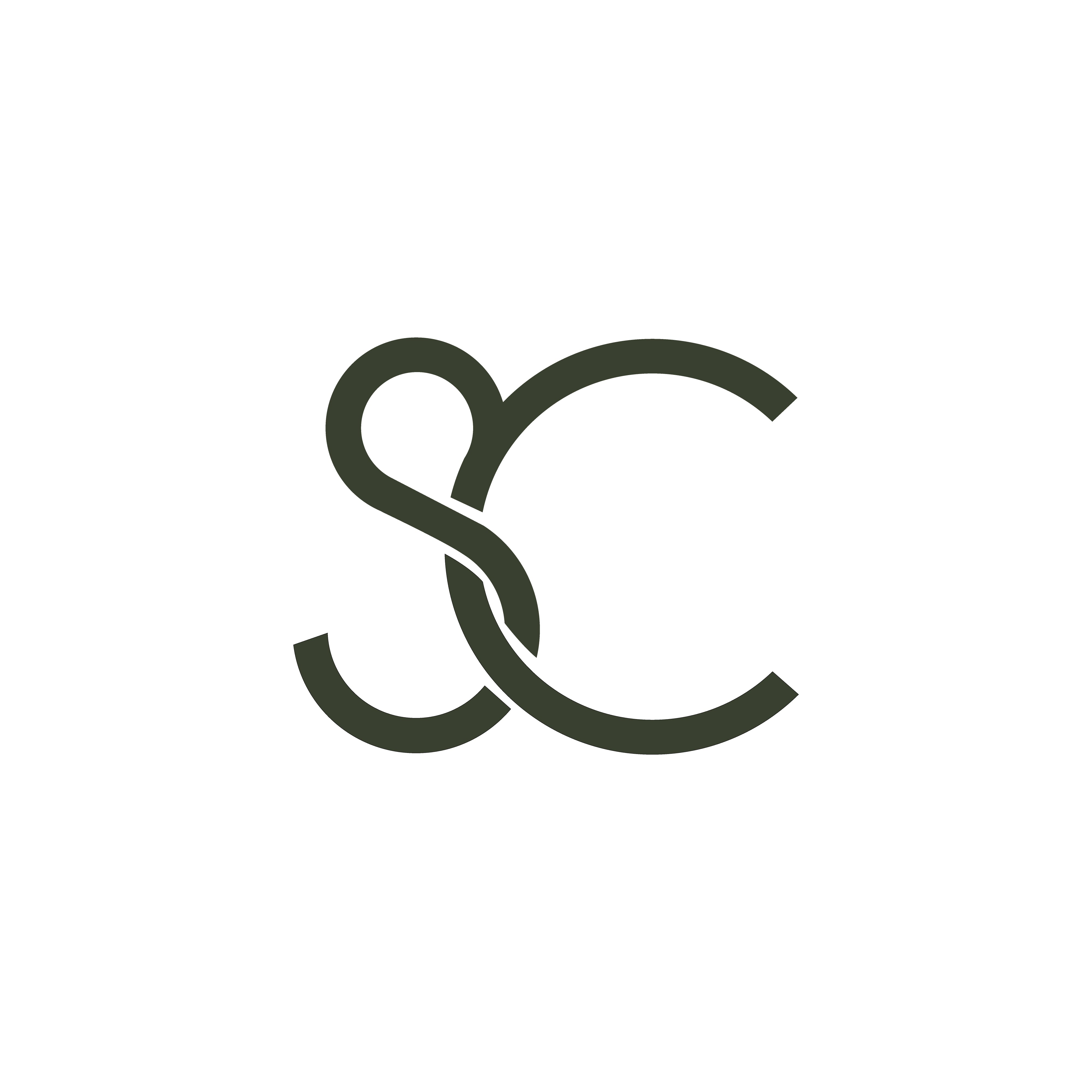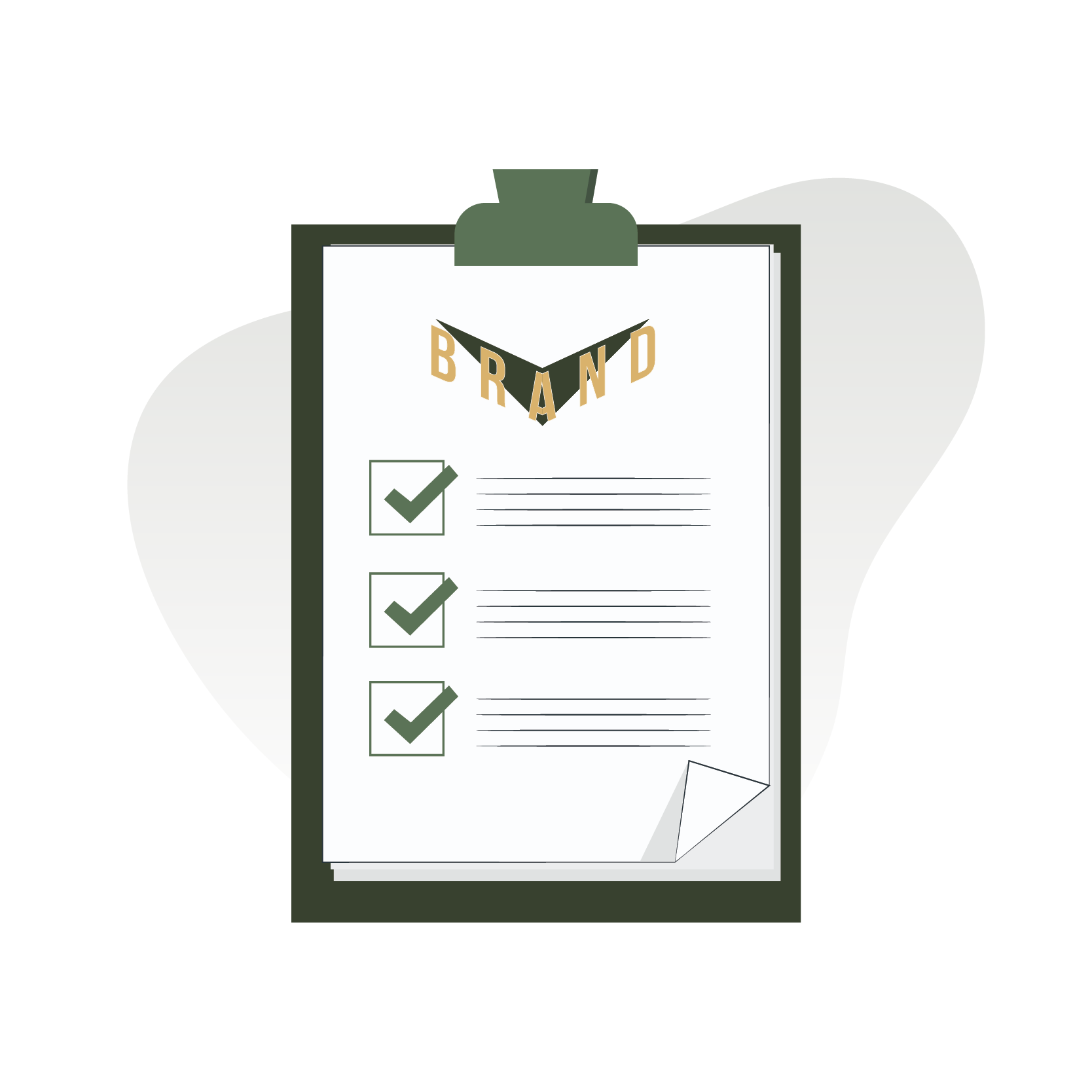
I hope you enjoy reading this blog post.
If you want me to do your marketing for you, click here.
Branding Coffee and Tea
Starbucks and Black Rifle Coffee are more than the coffee they sell. Likewise, Twinings and Lipton are brands that are more than the tea they sell. Each is an example of a strong recognizable brand.
Applying Branding To The Coffee And Tea Market
The coffee market and tea market should inform how you market your products. These two markets have some commonalities, but each has its unique differences.
Both the tea and coffee market share:
- Established out-of-home markets (e.g., independent coffee shops, tea rooms, cafes, and restaurants)
- Strong growth in the ready to drink (RTD) segments (e.g., STōK and Cha Cha Matcha)
- Strong e-commerce brands (e.g., Black Rifle Coffee and DavidsTea)
- Creative overlap with alcoholic beverages (e.g., Rebel Hard Coffee and Hey Y'all)
- Brands that cater to the wellness market. (e.g., Super Coffee, Matcha Kari)
The tea and coffee markets share some common segments (e.g., ready-to-drink), however, these shared segments have different market shares across the two product categories.
Owing to the differences between these two markets, the marketing and branding tactics used for tea and coffee differ slightly.

See how I can help your tea or coffee business sell more products.
- Strategy: Get a clear direction with insightful marketing and branding strategies.
- SEO: Get colossal amounts of SEO traffic. See actual results.
- Content Marketing: I create epic content that gets you traffic, shares, and links.
- Paid Media: effective paid advertising with clear ROI.
Branding Coffee
Your coffee company's target market influences both your marketing strategies and branding strategies. Six strong coffee brands with different relative market positions are examined below. (Coffee shop branding is covered in a separate article.)
- Folgers
- Starbucks
- Black Rifle Coffee
- Super Coffee
- Nespresso
Folgers target the at-home market and use distribution channels such as grocery stores. The brand focuses on the ground coffee segment and appeals to customers who value convenience and consistency. The brand has expanded into k-cups, instant coffee, and ground specialty coffee (i.e., flavored coffee).
Starbucks targets the out-of-home market and distributes coffee through branded Starbucks cafes. The brand focuses on the specialty coffee segment; its target audience is willing to pay price premiums.
Black Rifle Coffee targets the at-home market. Its website is one of the brand's primary distribution channels and has built a product line of roasted coffee beans.
Super Coffee targets the ready-to-drink segment and caters to the wellness market (e.g., keto-friendly products with low sugar and high protein). Super Coffee focuses on the at-home market, and its products are primarily distributed through the brand's website.
Nespresso targets the at-home market and the single-cup coffee segment. Nespresso’s key distribution channels are its website and branded retail stores.
Corporate Brand
Folgers
Folgers has consistent corporate branding. For example, the brand red is widely applied on the company website, which conditions easy brand recognition.

Starbucks
The iconic Starbucks logo is widely recognized, and a strong, salient corporate brand exists.

Black Rifle Coffee
A corporate brand is discernible for Black Rifle Coffee, but memorable and unique product branding is emphasized.

Super Coffee
Recognizable corporate branding increases customer brand recognition across Super Coffee’s product lines. This is an appropriate tactic for the brand to use as they are a (relatively) new entrant.

Nespresso
Nespresso has widely recognized branding, which has been strengthened over time through effective brand partnerships and influencer marketing.

Product Packaging
Folgers
Most Folgers coffee products are packaged consistently. Product lines are packed and branded differently, but within each line, there's an apparent similarity.
Starbucks
The Starbucks cup design is consistent, iconic, and versatile. The Starbucks logo is the focal point on the otherwise plain white or transparent cup. On packaging the application of their coffee logo is consistent within product lines and similar across most product lines. Similarly, the graphic design Starbucks uses is similar within product lines but different across lines.
Black Rifle Coffee
Black Rifle Coffee products have an inconsistently applied logo design. The graphic design styles also vary across products but match the look and feel of the brand. This highlights the uniqueness of each product offering and connects well to the brand's heritage, American culture, and lifestyle targeting.
Super Coffee
Super Coffee consistently applies packaging design to coffee products; there's a clear continuity between product units and across product lines. The shiny, attractive metallic hues support the premiumization of their products.



Nespresso
Logo design and package design are closely aligned. The attractive metallic coloring of coffee pods supports the premiumization of their products. The truffle-like pod designs position the product as a luxury and sensual indulgence. The packaging strongly influences what customers expect from the product.
Coffee Product
Folgers
Folgers product quality and taste are consistent within product units (e.g., all Folgers 100% Columbian Coffee looks and tastes the same), and quality standards are consistent across the brand’s product line. Therefore, consumers have confident expectations of what Folgers ground coffee tastes like.
Starbucks
The relatively fixed menu designs used by Starbucks can be tailored for a highly personalized experience when ordering a cup of coffee. The personalization supports the premiumization of Starbucks coffee. Packaged coffee beans are consistently branded, as are ready-to-drink coffee products.
Black Rifle Coffee
Black Rifle Coffee’s products vary according to small batches. However, new batches of a single product are sufficiently similar. For example, the new Flying Elk Roast isn't the same as the original batch, which gained popularity. However, the new version of Flying Elk Roast is similar to the original.
Super Coffee
Super Coffee’s product quality is the same within product units (e.g., all Coconut Mocha Super Coffee looks and tastes the same). The company fully inserts its brand name into some products (e.g, Coconut Mocha Super Coffee) and partly inserts it into others (e.g., Super Cold Brew); both tactics are appropriately used.
Nespresso
Nespresso products are created for highly consistent brews; branding is consistent on pod design.
Branding Tea
Branding your tea is influenced by which segment of the market your tea company targets. We look at four examples of strong tea brands with different market positions:
- Mei Leaf
- DavidsTea
- Honest Tea
- Tetley
Mei Leaf is a strong brand in the specialty tea (i.e., loose leaf tea) single-origin segment; this segment is willing to pay a high market premium.
DavidsTea uses highly sensual products to bring excitement to tea. For example, chunks of fruit, artificial flavorings (which creates a pleasant aroma), and unconventional ingredients (e.g., chocolate, sprinkles, gold flakes) are added to tea.
Honest Tea targets consumers in the ready-to-drink segment who value product purity (e.g., fair trade, organic, little to no sweetener).
Tetley targets the at-home market, which uses distribution channels such as grocery stores. Tetley offers mass-market tea (i.e., tea bags), and the brand’s products appeal to those who value convenience and a cup of tea with consistent product quality.
Corporate Brand
Mei Leaf
Mei Leaf has a recognizable corporate brand, but memorable and unique product branding is given higher emphasis.

DavidsTea
DavidsTea has consistent branding designed to stimulate excitement. Their characteristic teal colour is applied in cohesive corporate branding.

Honest Tea
Honest Tea has recognizable corporate branding to increase customer brand recognition across product lines.

Tetley
Tetley has extremely consistent corporate branding; brand colors and logos are kept simple and given much prominence to maintain strong brand awareness.

Product Packaging
Mei Leaf
Mei Leaf has bespoke brand packaging that draws design inspiration from a wide range of source materials and highlights the product's unique premium value. While the designs differ across products, the visual style is consistent, allowing consumers to identify products that look like Mei Leaf tea.
DavidsTea
DavidsTea uses undifferentiated label designs, which allow the brand to label products consistently while allowing for products to be added and retracted. This is an appropriate choice given the extensive product line and product turnover.
Honest Tea
Honest Tea’s brand identity and design are consistent. The Honest Tea logo is applied across all product lines, and the design within products is consistent.
Tetley
Tetley has an incredibly consistent packaging design; the brand is characterized by prominent logos and flawless brand continuity. Tetley's tea packaging reinforces customers' consistency expectations, which supports their product line's value proposition - consistent product quality.
Tea Product
Mei Leaf
Mei Leaf offers high-quality tea that reflects tea culture, both in the packaging of the tea and tea consumption. For example, paper packaging is used for tea cakes, and gaiwans and gongfu brewing are emphasized in tea consumption.
DavidsTea
DavidsTea uses highly sensual products to bring excitement to tea. For example, chunks of fruit, artificial flavorings (which creates a pleasant aroma), and unconventional ingredients (e.g., chocolate, sprinkles, gold flakes) are added to tea. All elements of the blends serve to build anticipation and excitement for product consumption.
Honest Tea
Honest Tea’s product quality is very consistent (effectively indifferentiable) within product units (e.g., all “Just” Black Tea looks and tastes the same). Product branding is identical within product units, and the products within the units look the same (e.g., same label, as well as same tea color and clarity). Branding is similar across product lines (e.g., the logo is consistently applied on all product lines, although other aspects of the packaging design differ across lines).
Tetley
Tetley’s product quality is incredibly consistent (effectively indifferentiable) within product units (e.g., Tetley Earl Grey). Branding is exceptionally consistent, and within a product unit, branding is identical. Tetley's entire product line bears the brand name within the product name (e.g., Tetley Earl Grey, Tetley Super Green Tea Matcha with Manganese, Tetley Orange Pekoe). The iconic blue Tetley logo is applied to all products, with significant visual prominence (e.g., it takes up approximately one-third of the packaging space on most products). The brand blue is consistently applied on their website. Consumers are highly confident that they know what to expect when they drink tea from the Tetley brand.
What You Need To Build A Strong Brand
When branding your business, there are three things you should have to maximize your chances of becoming a strong brand. You need a brand strategy, brand communication guidelines, and brand identity guidelines.
It's important to link your brand-building efforts to your business strategy; doing so allows your brand to be a long-term asset. For example, your company's mission statement may become a building block of your brand manifesto. Successful brands spend time understanding their target audience, so aligning your marketing and branding is key.
Brand Strategy
A brand strategy relies on a key idea that is expected to persuade consumers to buy, pay attention to, and support a brand. An effective brand strategy considers your core brand identity and brand positioning, which takes into account the market in which you compete.
Brand Communication Guidelines
A brand communication strategy defines the general direction of what and how the brand communicates. Brand communication guidelines build on the brand strategy and act as the link to consistent execution in your marketing campaigns.
Brand communication guidelines provide patterns for your brand communication that can be applied across advertising mediums (e.g., website, social media). Brand communication guidelines enable you to highlight the same core themes, so you can communicate your brand consistently, ensuring differentiation and recognizability.
Brand communication guidelines establish your brand's voice and tone. Brand voice and tone are an extension of your brand personality and brand values, as defined in your brand strategy. Defining your brand's voice includes a list of do's and don'ts, which make application easier.
Brand guidelines often include your brand story. Understanding how your brand fits into the lives of your target audience makes it easier to communicate with them in a way that resonates.
Logo
A logo is a design adopted by an organization to identify its products. A logo is closely paired with a brand mark, the symbol or visual image that helps immediately identify a particular company. As such, your company logo (and brand mark) are important components of building your brand.

Logo

Watermark
|
Logo |
||
|
Tactic |
Cost |
Outcome |
|---|---|---|
|
Work with a design studio |
Most expensive |
Custom logo |
|
Contract a professional designer |
Moderately expensive |
Custom logo |
|
Online logo generator |
free logo design |
Generic to semi-customized logo |
When creating a logo for your business, business owners have a few options:
- Work with a design studio (most expensive) = custom logo
- Contract a professional designer (moderately expensive) = custom logo
- Online logo generator (free logo design) = generic logo which allows some edits to your logo
Once your tea or coffee company has designed a logo, you need to develop your brand identity documents. This is an important step for all businesses, but particularly small businesses.
While larger brands usually have in-house marketing, small tea and coffee brands usually work with contractors for marketing, website development, and design work. When working with external service providers it's absolutely critical to provide these contractors with your brand identity documents (brand style guide). This ensures that you're able to build a consistent and cohesive brand across products and channels, such as your website and business cards.
Brand Identity Guidelines
Brand guidelines (also called a brand style guide) standardize your brand's look and feel. The brand identity guidelines specify logo use, typography, and brand color palette. Once created, your brand guidelines should be applied unwaveringly to your website, as it's a significant visual reflection of your brand's identity.
Get Your Quote Featured
If you're in the tea or coffee industry, I invite you to share your insights and opinions about branding.

Different Your Brand In The Market.
Purchase your brand strategy so your business can connect with your target market.

Resonate With Your Target Market.
Speak consistently as a brand across channels by purchasing your brand communication guidelines.

Ensure Your Brand Is Remembered.
Create a consistent look and feel for your brand. Purchase your brand identity guidelines now.


I hope you enjoy reading this blog post.
If you want me to help you to sell more coffee and tea, book a call.

